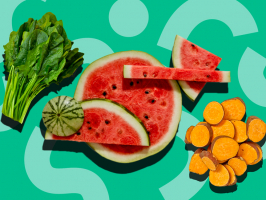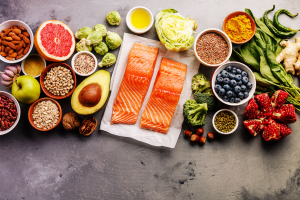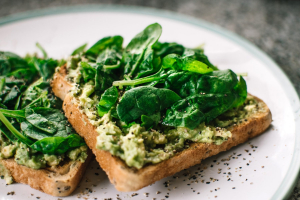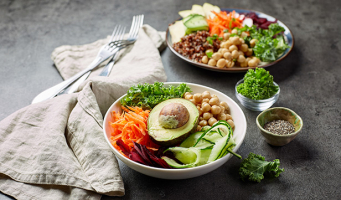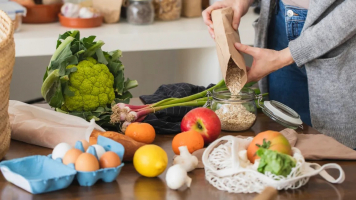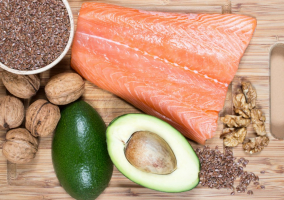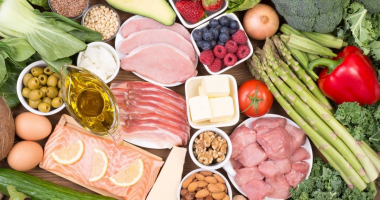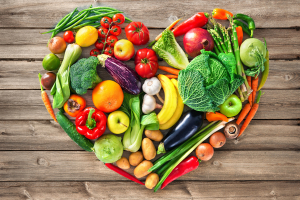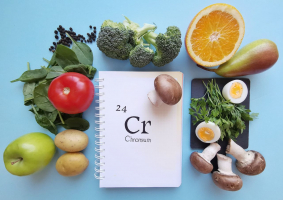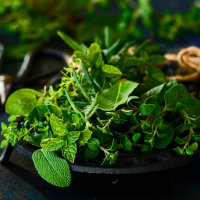Top 10 Best Herbs That May Help Lower High Blood Pressure
The term hypertension, which also refers to high blood pressure, affects nearly half of all American adults. It is the most common heart disease risk factor ... read more...that is avoidable. The scientific evidence supporting some herbs and spices that may decrease blood pressure are listed in this article.
-
A flavorful herb with many variations is basil (Ocimum basilicum). Because it contains many potent chemicals, it is well-liked in alternative medicine. Eugenol concentrations in sweet basil are high. Numerous health benefits, including decreased blood pressure, have been associated with this plant-based antioxidant.
According to studies, eugenol acts as a natural calcium channel blocker, which may help lower blood pressure. Calcium channel blockers prevent calcium from entering the cells of the heart and arteries, enabling the blood vessels to relax. Sweet basil extracts have been demonstrated in animal experiments to help relax blood vessels and thin the blood, which in turn helps lower blood pressure. But in order to find out whether basil lowers blood pressure in people, scientists must conduct additional studies.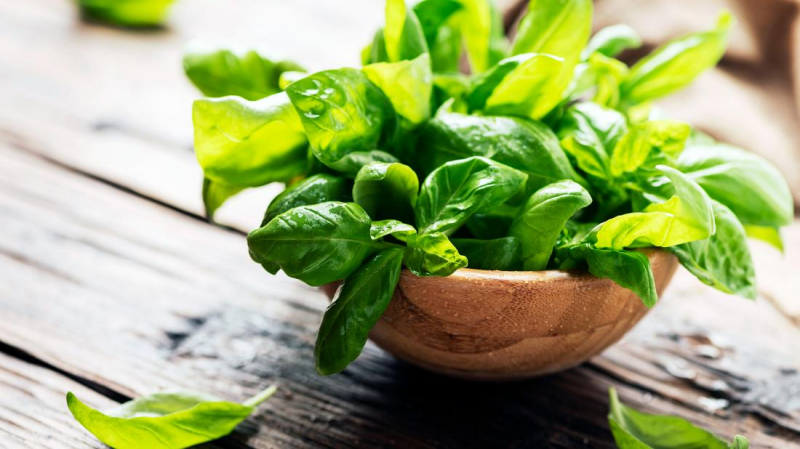
Basil 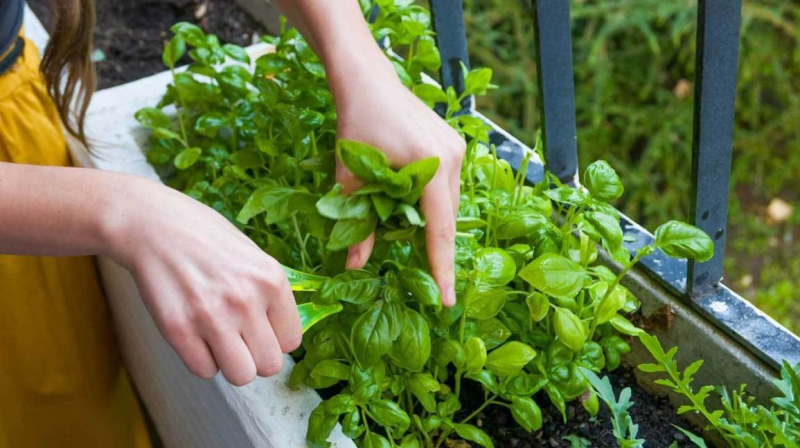
Basil -
Popular herbs in American, European, and Middle Eastern cuisine include parsley (Petroselinum crispum). Its origins are in the Mediterranean, and its nutritional profile is outstanding.
Several substances included in parsley, including vitamin C and dietary carotenoids, have been shown to lower blood pressure. According to several studies, carotenoid antioxidants lower LDL (bad) cholesterol, a risk factor for heart disease, as well as blood pressure. Parsley acts as a calcium channel blocker, a type of medication that helps relax and dilate blood vessels, and research on animals have shown that it lowers both systolic and diastolic blood pressure. However, there is little data on the effects of parsley on blood pressure in people. To truly understand its effects, more study in this area is needed.
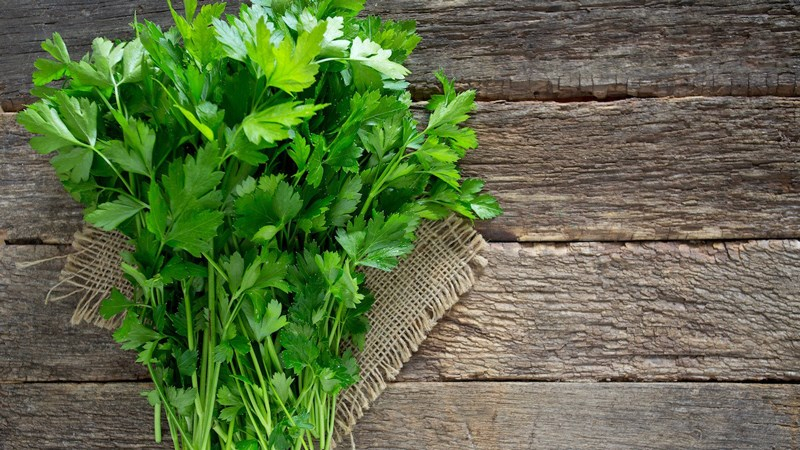
Parsley 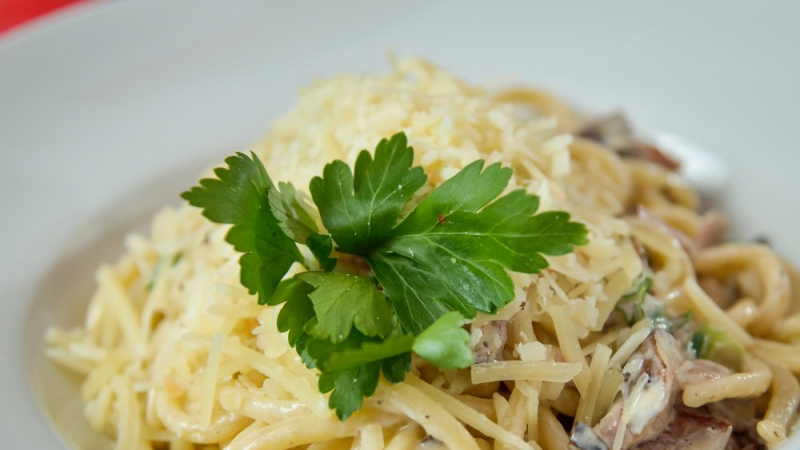
Parsley -
Celery seeds (Apium graveolens) are a versatile spice that is rich in calcium, iron, magnesium, manganese, and fiber. They can be bought whole, crushed, or ground as a spice. Celery seed has been used as medicine for thousands of years in the Eastern world. It's important to note that some study shows celery seeds may help reduce blood pressure.
One rat research looked at how celery seed extract affected blood pressure. Celery seed extract reduced blood pressure in rats with pre-existing high blood pressure, but not in rats with normal blood pressure, according to the study. According to research, components in celery seed extract may serve as a natural calcium channel blocker to help decrease blood pressure. A good source of dietary fiber, which has been related to lowering blood pressure, is also present in celery seeds.
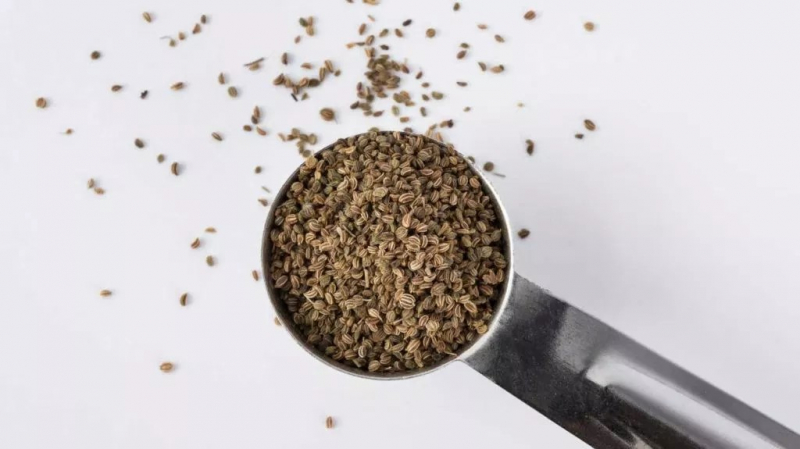
Celery seeds 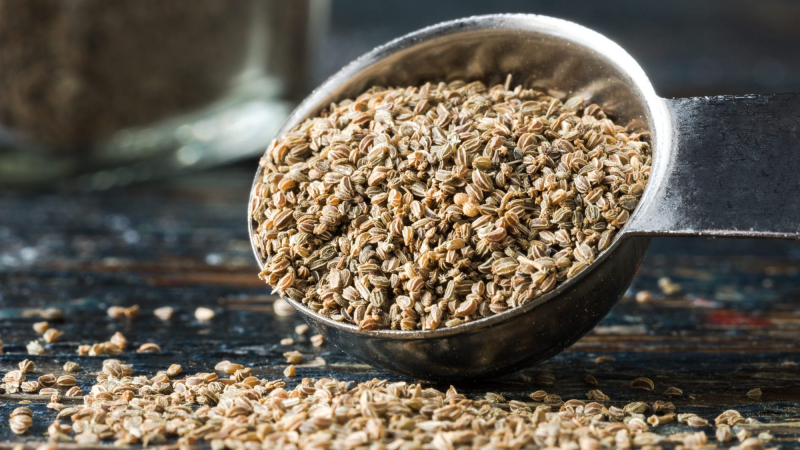
Celery seeds -
Traditional Chinese medicine has historically used Chinese cat's claw to treat a range of ailments, including high blood pressure. Uncaria rhynchophylla is its scientific name, and other names for it are Gou-Teng and Chotoko.
Don't mistake it for a cat's claw (Uncaria tomentosa). Despite having a similar name and appearance, this plant is not related to others and has distinct chemical characteristics. There are various substances in Chinese cat's claw, including hirsutine and rhynchophylline. These may lower blood pressure by acting as natural calcium channel blockers, according to research on animals. Additionally, these substances may stimulate blood vessels to produce nitric oxide, a chemical that helps blood vessels in relaxing and dilate. Chinese cat's claw extract or its compounds have been shown in animal experiments to lower blood pressure and improve blood flow. Studies on humans are still limited in this area.
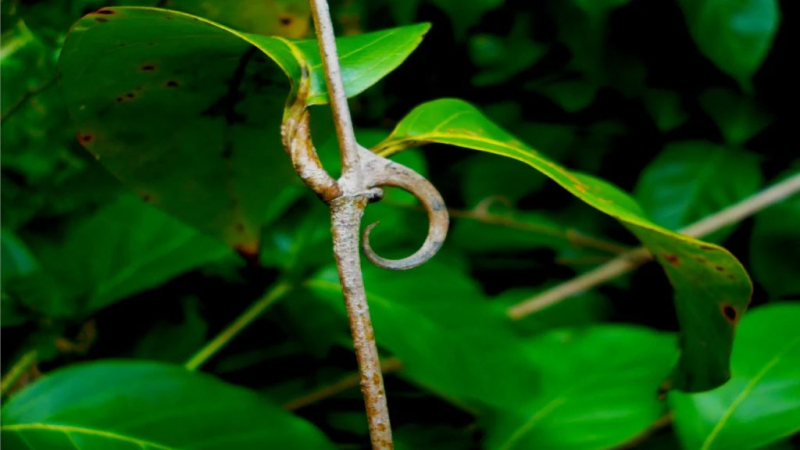
Chinese cat’s claw 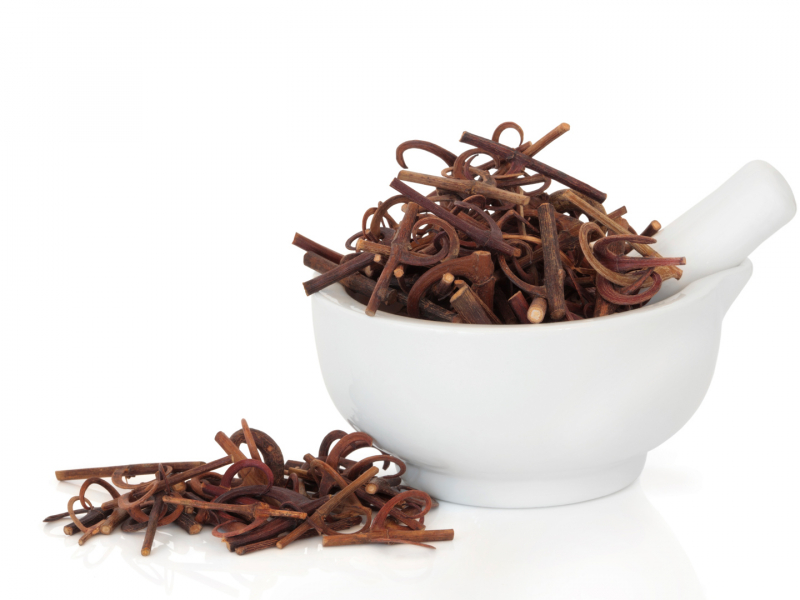
Chinese cat’s claw -
An herb called bacopa monnieri grows in marshy parts of South Asia. Ayurvedic practitioners use it to treat a range of conditions, such as anxiety, memory issues, and high blood pressure.
By stimulating the release of nitric oxide from blood vessels, Bacopa monnieri has been shown to reduce systolic and diastolic blood pressure in animal experiments. In a 12-week human trial, the effects of Bacopa monnieri on memory, anxiety, depression, and blood pressure were studied in 54 healthy people. The herb increased most mental functions, and it did not affect blood pressure. Although the results of animal research are promising, it is yet unknown how bacopa monnieri affects blood pressure in people. The properties of this plant require further study by scientists. Bacopa monnieri can be bought online and in health food stores. There are several different forms of it, including powder and capsules.
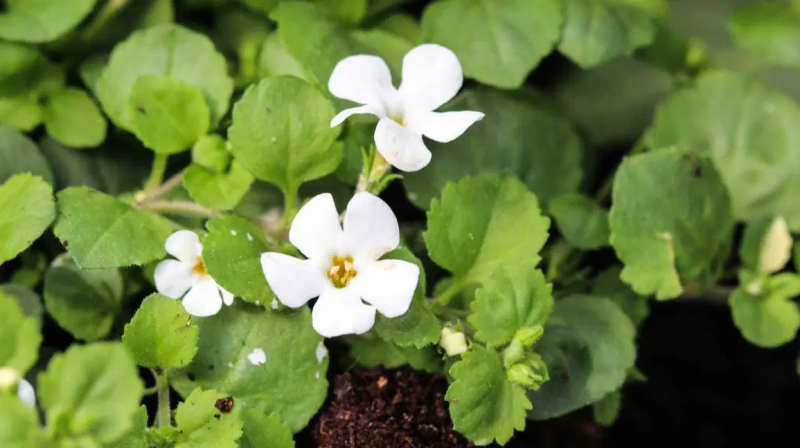
Bacopa monnieri 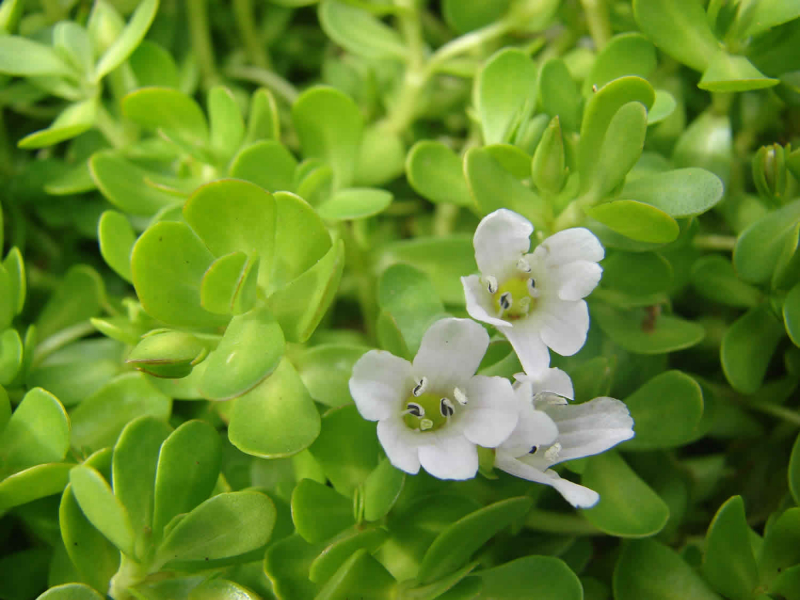
Bacopa monnieri -
According to recent studies, garlic may actually have some health benefits, including the ability to fight the common cold and lower blood pressure and cholesterol.
Many of the chemicals found in garlic may be good for your heart. Allicin, a sulfur component found in garlic in particular, may help in increasing blood flow and relaxing blood arteries. These compounds working together could reduce blood pressure. Garlic consumption decreased systolic and diastolic blood pressure by an average of 8.3 mm Hg and 5.5 mm Hg, respectively, according to a study of 12 research involving more than 550 people with high blood pressure. This reduction was similar to the effects of blood pressure medications. In a 24-week trial involving 30 people, 600-1,500 mg of garlic extract was proven to decrease blood pressure just as well as the drug Atenolol.
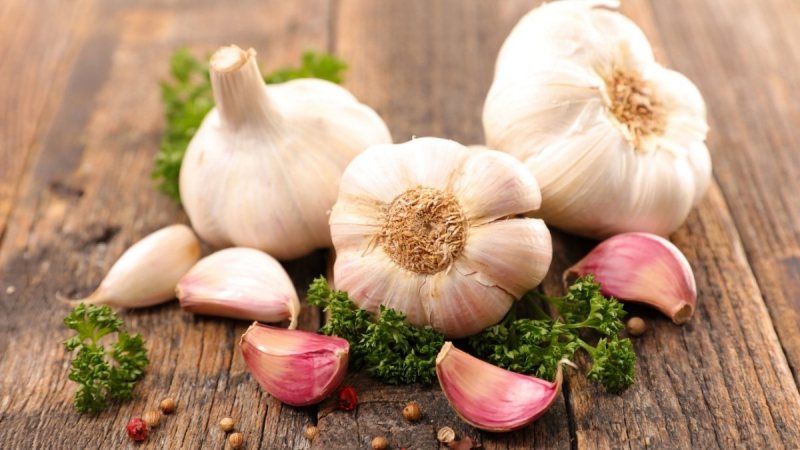
Garlic 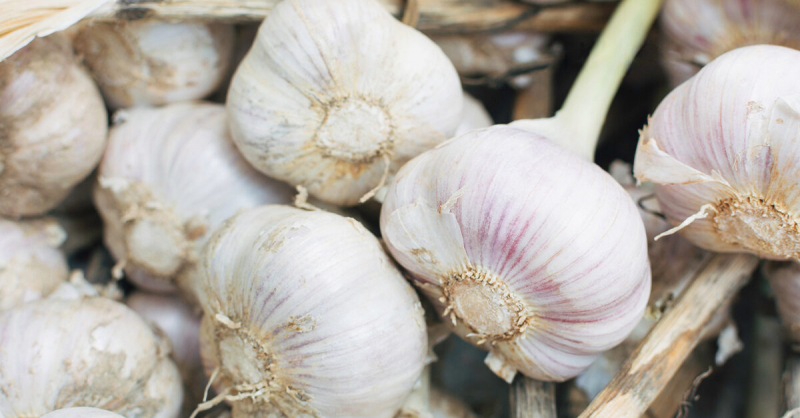
Garlic -
Thyme is a flavorful herb full of many beneficial components. Among them is rosmarinic acid. Numerous advantages have been attributed to it by research, including lowered blood sugar and inflammation levels and increased blood flow. Additionally, it could lower blood pressure.
According to tests on animals, rosmarinic acid reduced systolic blood pressure by inhibiting the angiotensin-converting enzyme (ACE). A chemical called ACE causes blood vessels to narrow and raises blood pressure. As a result, blocking it could reduce blood pressure. Taking thyme extract decreased heart disease risk factors such as total cholesterol, LDL (bad) cholesterol, triglycerides, and blood pressure, according to further animal research. However, human research on thyme and blood pressure is limited. Researchers must do more studies to examine these effects in people.
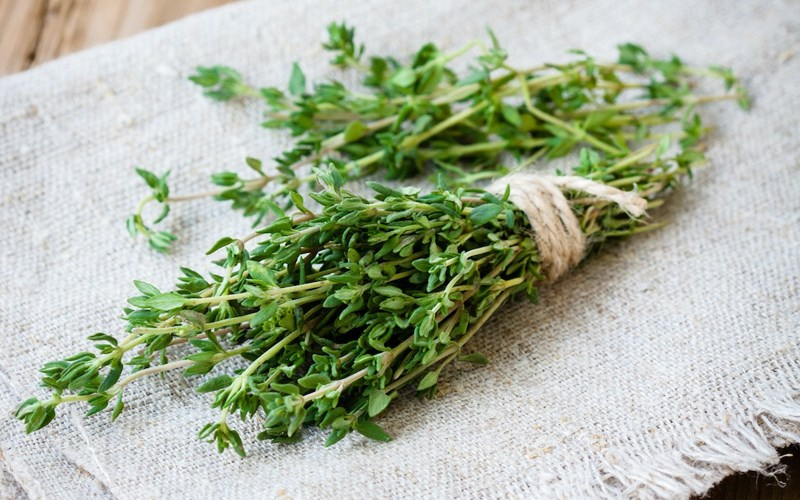
Thyme 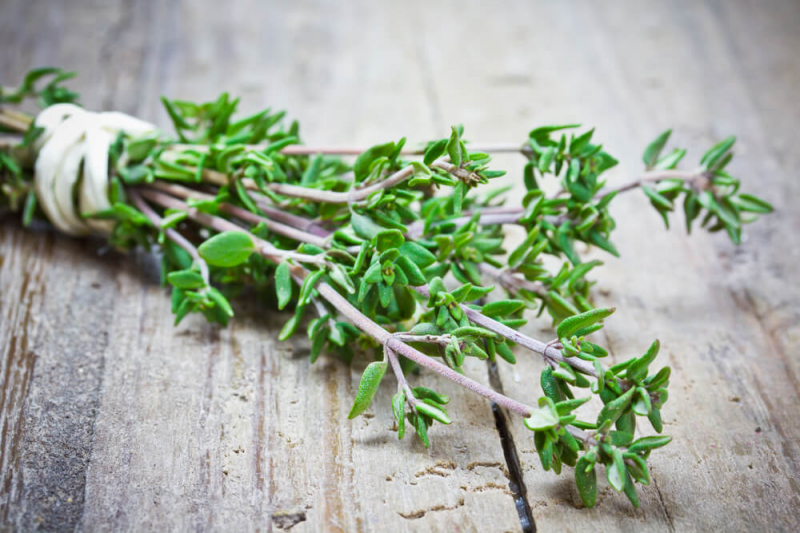
Thyme -
The fragrant spice known as cinnamon is derived from the inner bark of trees of the Cinnamomum genus. Traditional medicine has used it for centuries to treat heart conditions, including high blood pressure.
Although the actual mechanism by which cinnamon decreases blood pressure is unknown, evidence from animal studies shows that spice may help relax and dilate blood vessels. Cinnamon consumption decreased systolic and diastolic blood pressure by an average of 6.2 mm Hg and 3.9 mm Hg, respectively, according to a study of 9 studies including 641 people. When participants took cinnamon regularly for a period of 12 weeks, the effect was greater. Additionally, 139 people with type 2 diabetes were included in a review of 3 studies that examined the effects of consuming cinnamon. Over the course of 12 weeks, those who consumed 500–2,400 mg of cinnamon daily had an average drop in systolic blood pressure of 5.39 mm Hg and a drop in diastolic blood pressure of 2.6 mm Hg.
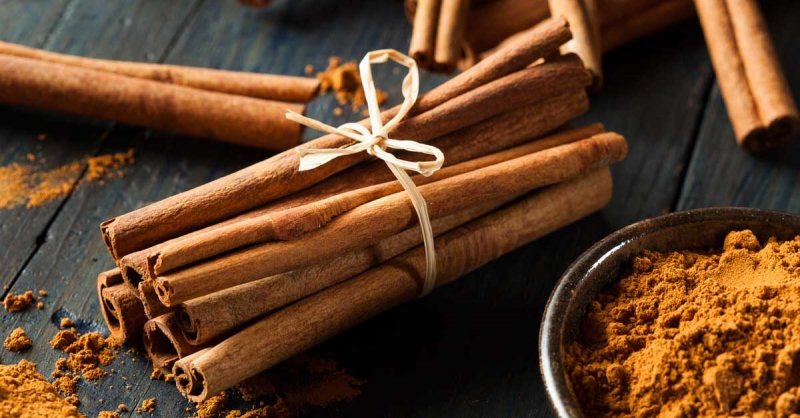
Cinnamon 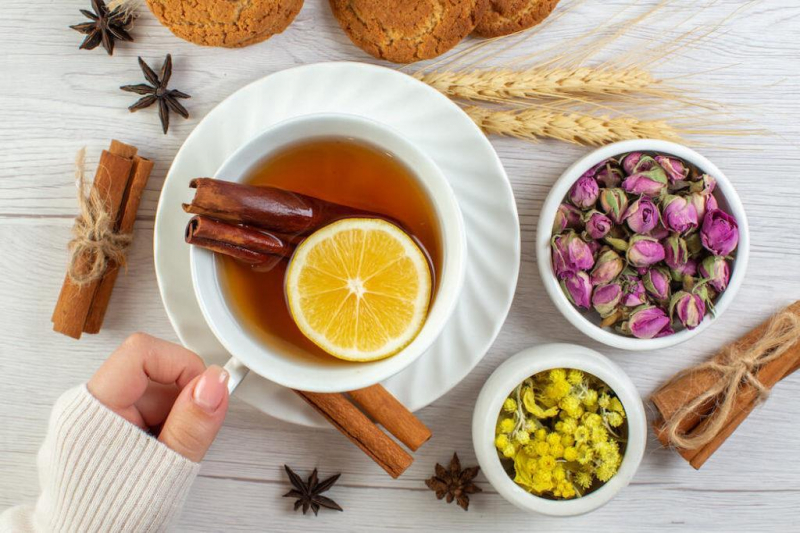
Cinnamon -
Ginger is a flowering plant that originated in Southeast Asia. It's one of the healthiest (and delicious) spices there is. It is closely related to galangal, cardamom, and turmeric and is a member of the Zingiberaceae family.
Ginger is versatile and common in alternative medicines. It has been used for centuries to improve a number of heart health factors, such as blood flow, cholesterol levels, and blood pressure. Studies on both humans and animals have shown that taking ginger lowers blood pressure in a number of different ways. It functions as a natural ACE inhibitor and calcium channel blocker. Blood pressure medications include ACE inhibitors and calcium channel blockers. According to one research of almost 4,000 participants, those who ate the most ginger (2-4 grams daily) had the lowest chance of having high blood pressure. Ginger is delicious and simple to use in dishes as part of your diet.
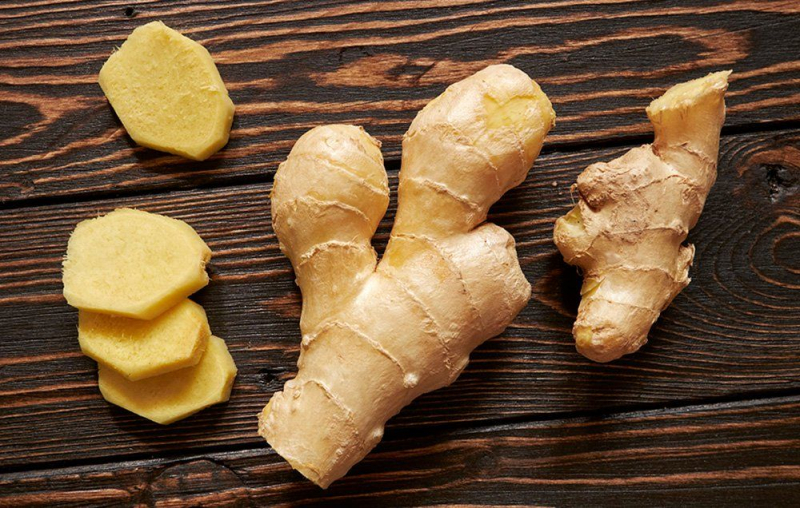
Ginger 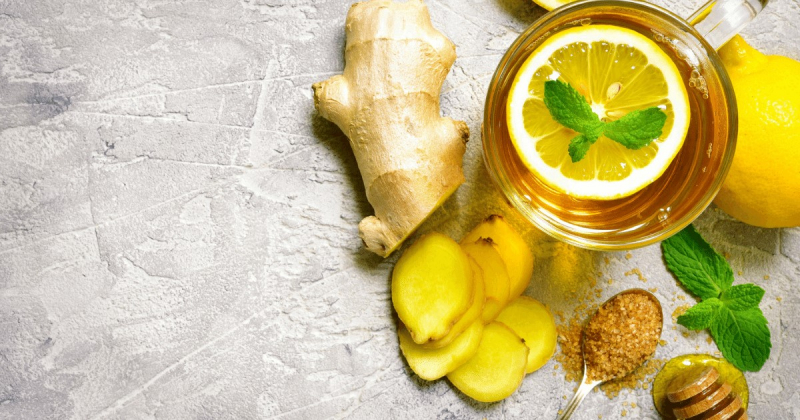
Ginger -
The delicious spice cardamom has a powerful, somewhat sweet taste. It contains a variety of antioxidants that might decrease blood pressure. In a 12-week study with 20 individuals who had just been newly diagnosed with high blood pressure, it was discovered that eating 3 grams of cardamom powder daily considerably lowered blood pressure.
Cardamom act as a natural calcium channel blocker and diuretic, according to test-tube and animal research, which suggests it may help lower blood pressure. A substance known as a diuretic helps in the removal of retention through urine. Even though these results are promising, research in this area is still quite new. As a result, further research is required to fully understand cardamom's effects on people. It's simple to add cardamom to your baking or cooking. As an alternative, you might follow your doctor's instructions and take a cardamom supplement or extract.
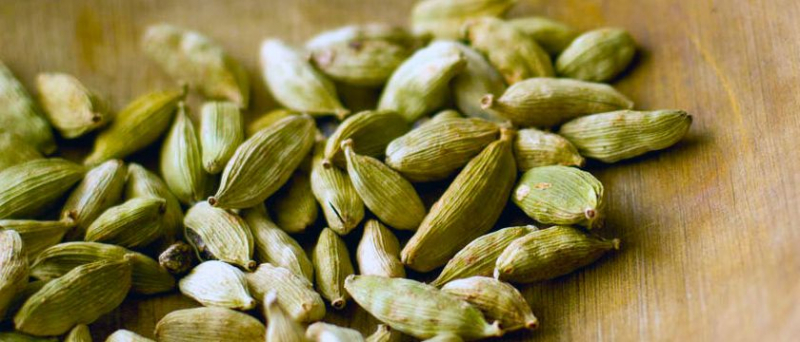
Cardamom 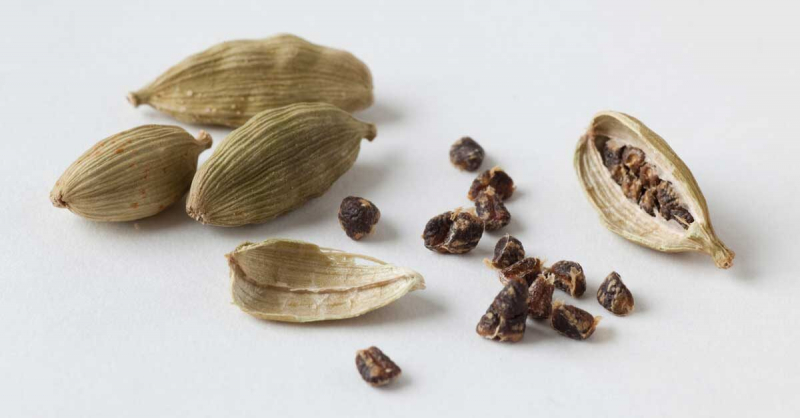
Cardamom












